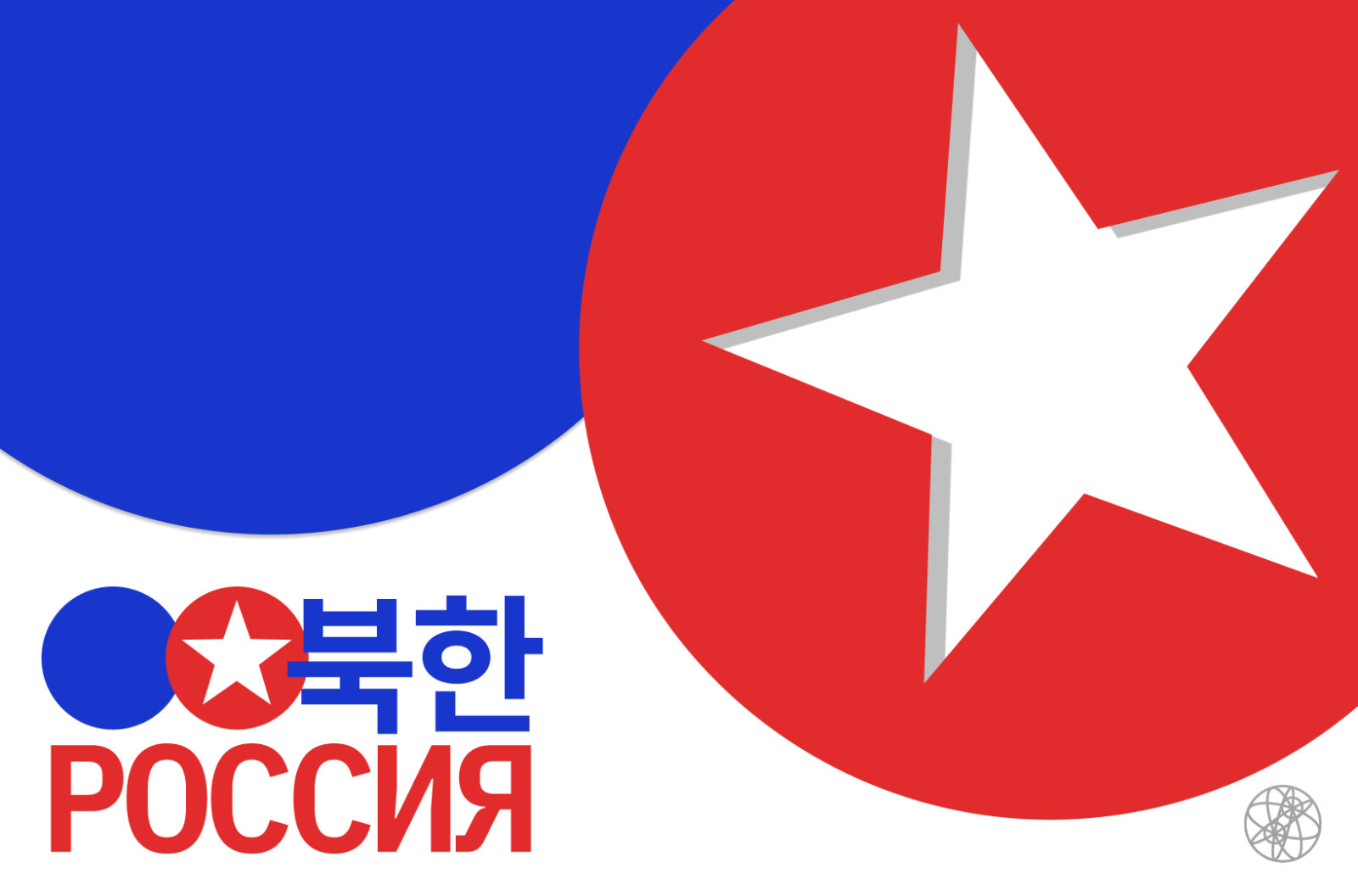From Sep. 12 to 17, North Korean leader Kim Jung-Un took a rare trip outside of the country to pay a visit to Vladimir Putin’s Russia. They discussed relations and potential mutually beneficial exchanges, which has triggered global concerns of an arms deal between the two countries. It was both Kim Jung-Un’s first trip abroad since the pandemic began, as well as his first meeting with Putin since 2019, when the two last met in Russia. It was also Kim Jung-Un’s longest trip out of the country since he took power in 2011.
At its core, this meeting was about searching for a mutually beneficial trade. North Korea reportedly went in the interest of obtaining satellite technology, economic aid and food supplies. In return, Russia is desperate to refuel its dwindling ammunition in order to sustain its war on Ukraine.
North Korea likely seeks satellite technology for a number of reasons. One is truly for satellites — the country has already failed twice this year to put a spy satellite in orbit and says they will try again in October. They seek more advanced technology to aid this endeavor.
The other, unspoken reasoning is for nuclear missiles. Both satellites and missiles rely on rocket technology, and the United States and its allies argue that North Korea uses its space programs as a cover for weapons tests.
This deal could thus be doubly threatening to the West, as it would both aid Russia in its war against Ukraine and support North Korea’s nuclear and weapon proliferation.
Other than posing a threat to the United States and its allies, North Korea’s nuclear proliferation is a violation of a United Nations Security Council (UNSC) resolution, which was at the time supported by Russia. A decree also forbids any financial aid or education training that may help North Korea’s nuclear program. Moscow has in the past been hesitant to share such technology with North Korea, over its own concerns about the country’s nuclear arsenal. However, experts now believe that Russia’s priority for its war in Ukraine (and its desire to form strong relationships with enemies of the West) outweighs any previous inhibitions toward North Korea.
What does Russia seek in return for this nuclear technology? Putin may be interested in the possible tens of millions of old Soviet artillery shells and rockets in North Korea’s possession. Russia has run through its own arsenal in its war on Ukraine faster than it perhaps expected to, and is now desperate for weapons and artillery.
An obstacle to this deal, though, is another UNSC decree (which Russia also endorsed) that bans North Korea from exporting or importing any arms. It prohibits the transition of weapons in or out of the country. This resolution effectively bans Kim Jung-Un from making this trade and giving Russia their weapons. As such, South Korean President Yoon Suk Yeol has stated that any military cooperation between North Korea and Russia is illegal as it breaks the United Nations Security Council resolutions and other international sanctions.
In this same vein, in August of last year, according to American Intelligence, North Korea volunteered 100,000 of its own troops to help Donbas and in September they sold Russia millions of artillery shells and rockets for use in Ukraine. However, both parties heavily deny this claim, though these denials could be truth or just cover for deals that break UNSC treaties.
There is history to this kind of covert weapons aid between Russia and North Korea. After World War II, the Allies took Korea from under Japanese occupation and divided it between the Soviet Union and the United States. Then, on June 25, 1950, the Communist North, overseen by the Soviet Union, invaded the U.S. backed South. During the war that ensued, the Soviet Union secretly funneled North Korea pilots, aircrafts, machine guns, tanks, materials and medical services. They couldn’t get directly involved due to their tenuous relationship with the United States, who were actively involved on the South Korean side. Any sort of blow up between the two countries could result in a nuclear war. As a result, the pilots had to fly in other uniforms, speak other languages, and pretend to be tourists when on the ground. Armistice was reached in 1953, but since no peace treaty was ever signed, the two countries are still technically at war.
Following the war, the relationship between the Soviet Union (Russia) and North Korea has fluctuated, but they now find themselves in a very similar, if reversed, position to 70 years ago. Putin even brought up this piece of history during their meeting. He said it was “our” country who first recognized the Democratic People’s Republic of Korea as a state and “our” country who supported their “war of independence” in the 1950s. Similarly, North Korea was the third country to recognize the independence of breakaway states of Donetsk and Luhansk People’s Republics in Eastern Ukraine, in reaction to which Ukraine terminated diplomatic ties with North Korea. Perhaps by bringing to mind the times “his” country supplied weapons to their invasion, Putin hopes to endear Kim Jung-Un to contributing to his own invasion.
It still remains to be seen what the products of this meeting will be, on Russia’s war on Ukraine, on North Korea’s nuclear arsenal, and on our current political landscape. Regardless, this was a meeting ripe with historical and modern implications that will have heavy influence on both the outcome of this particular meeting and on international politics in the years to come.







